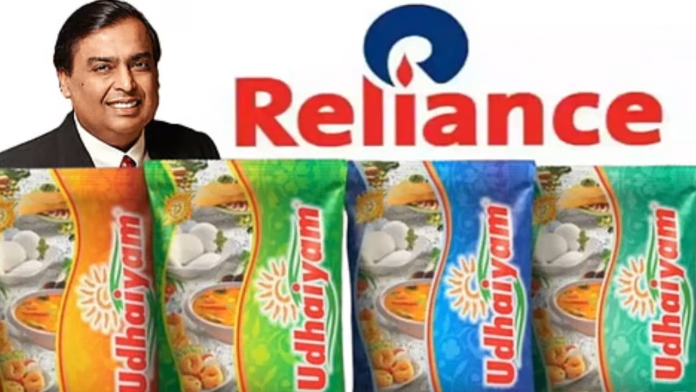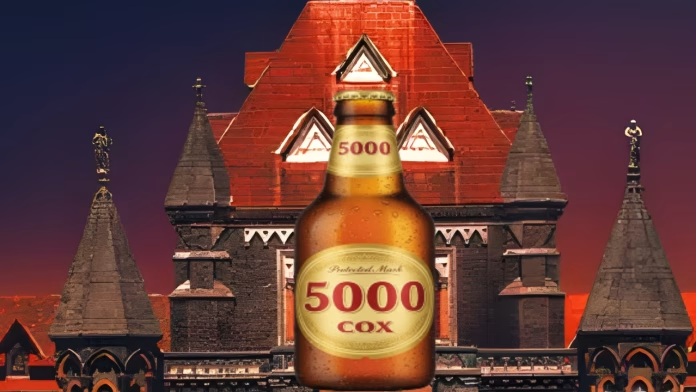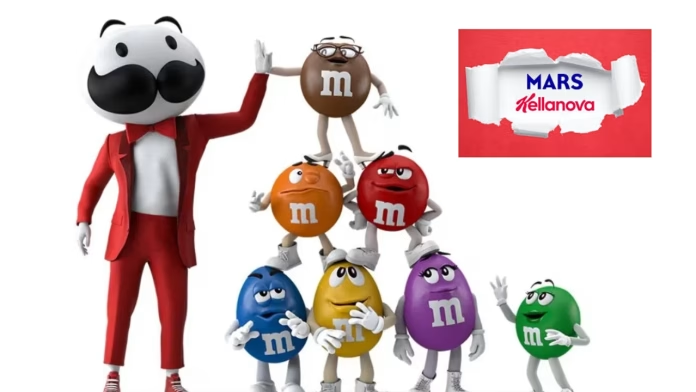Bengaluru-based haircare startup Moxie Beauty has raised $15 million in a Series A funding round, marking a significant milestone less than two years after its launch. The round was led by Bessemer Venture Partners, with continued backing from Fireside Ventures and participation from angel investors Navin Parwal, Sangeet Agarwal and Arjun Purkayastha, underscoring strong investor appetite for India’s fast-evolving beauty and personal care market.
Founded in 2023 by Nikita Khanna and Anmol Ahlawat, Moxie Beauty has positioned itself around a clear consumer insight: most global haircare products fail to address Indian hair textures, weather conditions and everyday styling needs. The brand has built its portfolio around this gap, offering targeted solutions across haircare, styling and scalp health. Its current lineup includes 19 products, ranging from shampoos and conditioners to curl creams, serums and scalp treatments.
According to the company, the fresh capital will be channelled into expanding its product pipeline, deepening research and formulation capabilities, and scaling up its team across functions. A portion of the funds will also go towards strengthening distribution and improving brand visibility as Moxie looks to widen its reach among urban, digitally native consumers.
The startup has shown rapid commercial traction. Moxie Beauty reported crossing an annual revenue run rate of ₹100 crore within two years of operations and posted a fourfold jump in monthly revenue over the past year. Sales are currently driven largely through online channels, including beauty-focused platforms such as Nykaa and large marketplaces like Amazon, which have helped the brand scale quickly across metros and emerging cities.
The fundraise comes at a time when India’s premium beauty segment is drawing heightened interest from both consumers and investors. Rising disposable incomes, greater awareness around hair and skin health, and a growing preference for specialised, performance-led products have reshaped buying behaviour, particularly among younger shoppers.
With fresh capital in hand and strong early momentum, Moxie Beauty is now looking to consolidate its position as a homegrown brand built specifically for Indian hair, while preparing for its next phase of growth in an increasingly competitive market.










